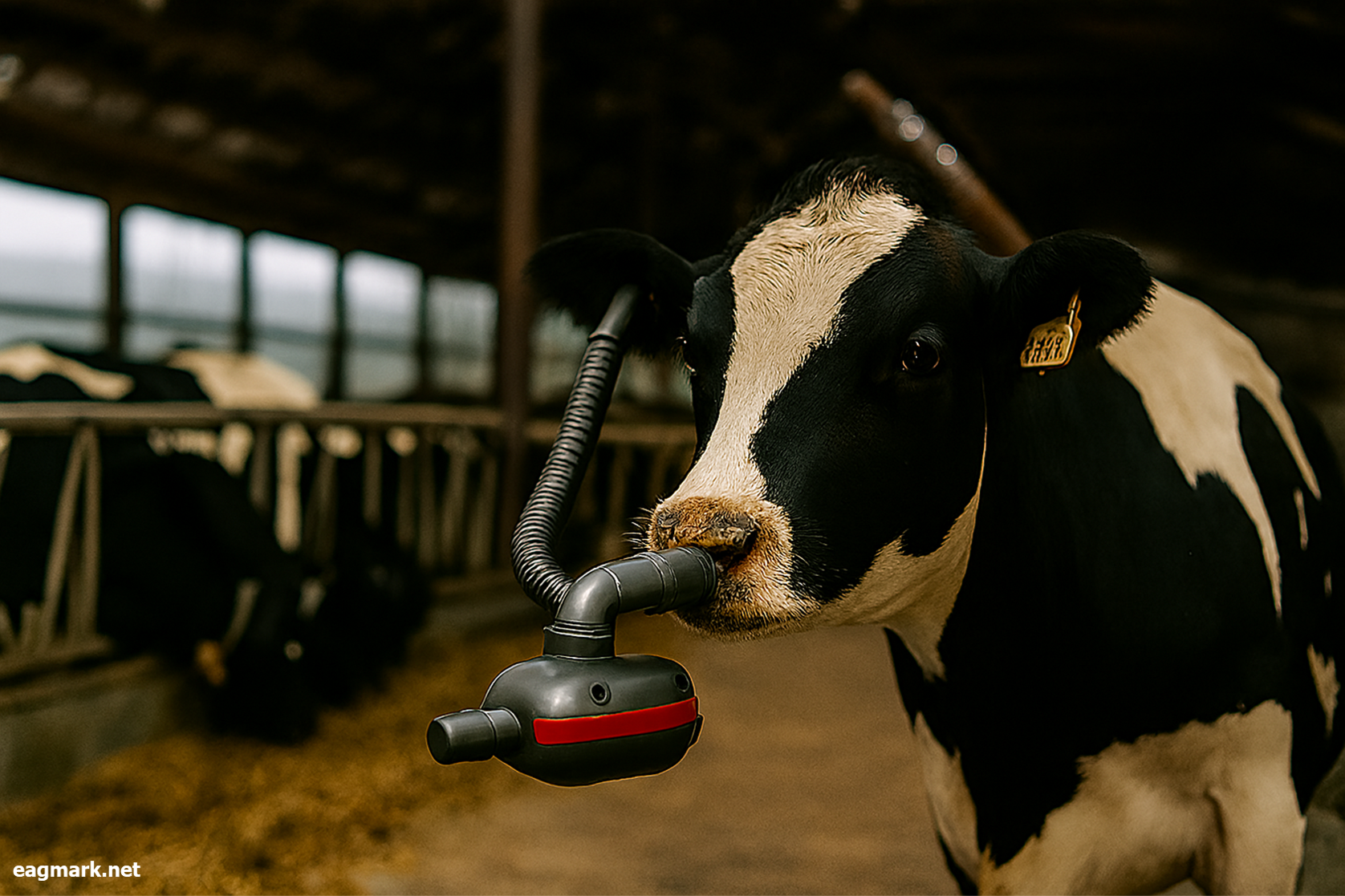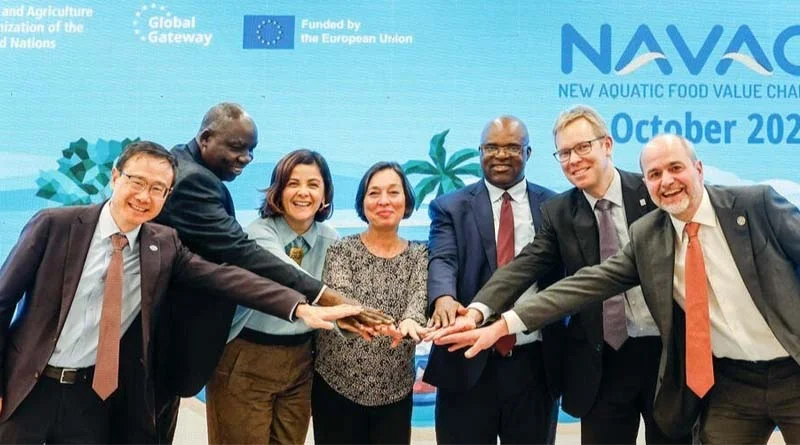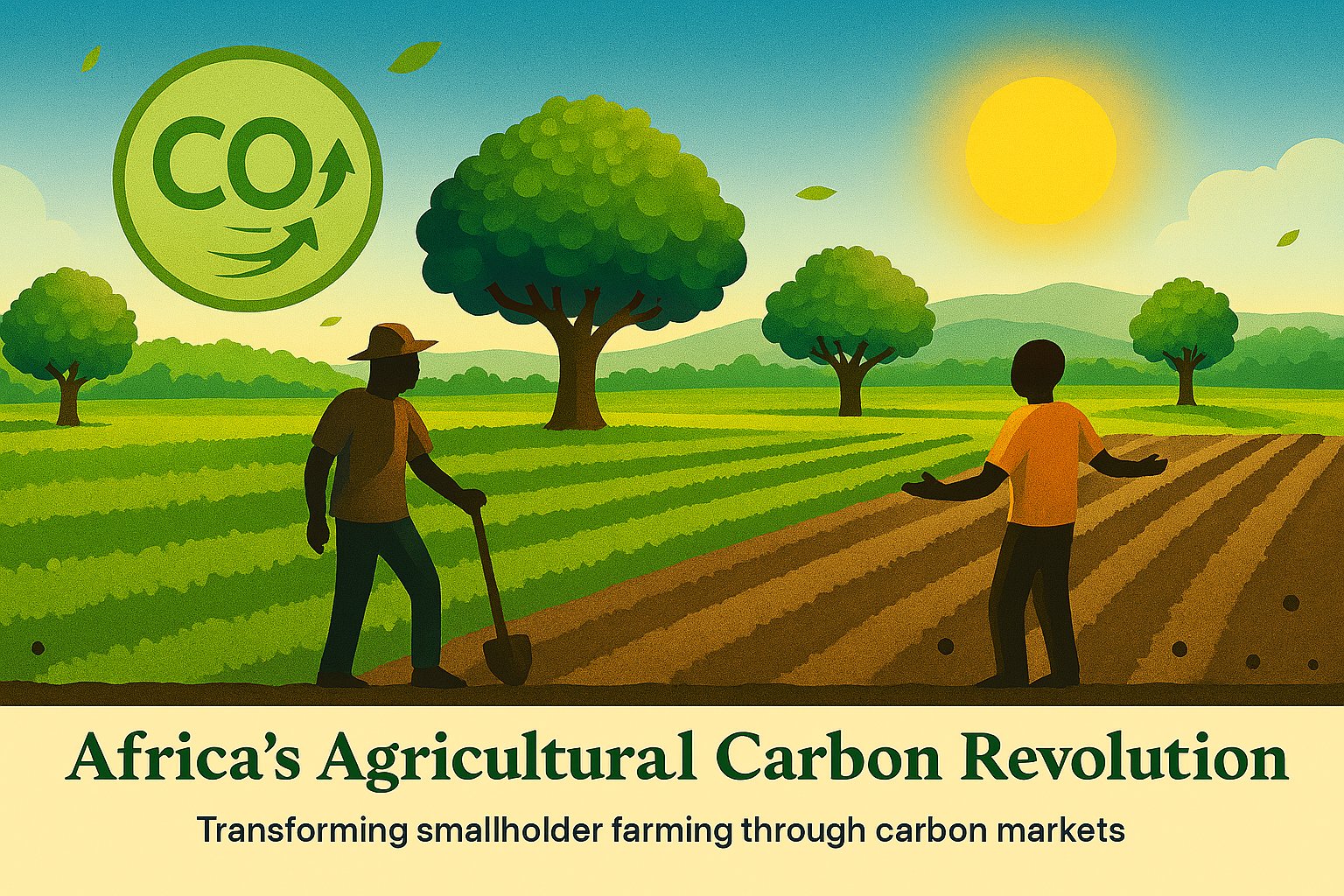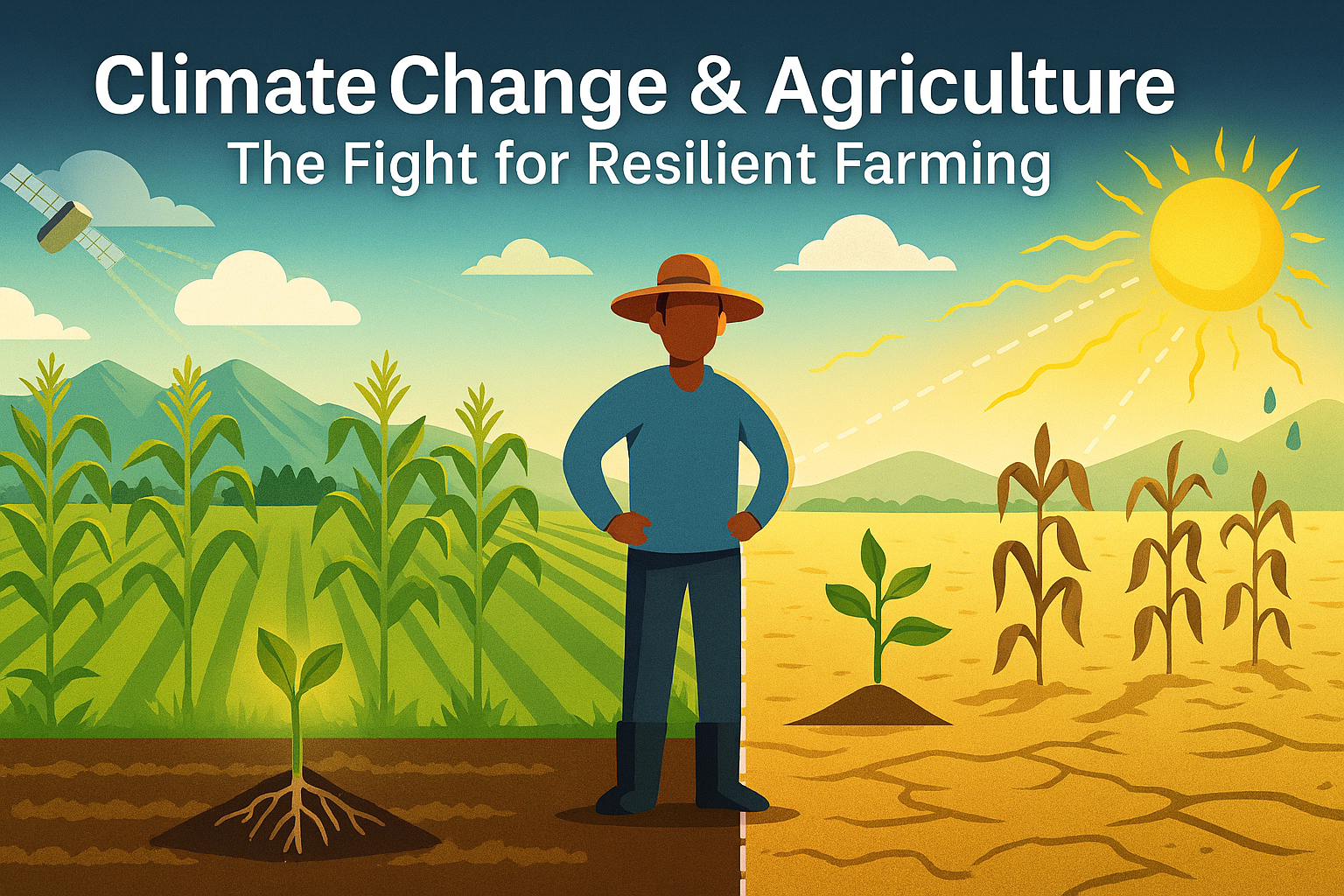
Greenfield, Indiana — BiomEdit, a biotechnology company focused on livestock microbiomes, has secured nearly $2 million from the Bezos Earth Fund to develop what the company calls a "Rumen Digital Twin," a computational model designed to predict which cattle interventions work best for cutting methane emissions.
The October 23 announcement marks the second major philanthropic investment in BiomEdit's methane work, following a $4.5 million grant from the Gates Foundation awarded in 2023 for microbiome-based feed additives targeting cattle in Africa and South Asia.
The new project, developed with Bioversity International USA and Yale University, represents one of 15 teams selected from the Bezos Earth Fund's $100 million AI for Climate and Nature Grand Challenge launched in 2024.
Targeting a Significant Emissions Source
Cattle methane emissions represent a measurable climate challenge. Livestock operations account for approximately 120 million tonnes of methane annually — roughly 3.3 billion tonnes of CO2 equivalent. While estimates vary, recent analyses place livestock's contribution at 12-17 percent of global greenhouse gas emissions, with cattle responsible for about two-thirds of that total.
Methane's warming potency compounds the concern. The gas traps 28 times more heat than carbon dioxide over a 100-year period, and more than 80 times as much over 20 years. In the United States, enteric fermentation and manure management from cattle account for about 36 percent of methane pollution nationally.
How the Model Works
The Rumen Digital Twin aims to train machine learning systems on data from more than 20,000 ruminants across at least 25 countries. The team plans to generate over 10,000 microbiome profiles linked to methane output, diet composition, host genetics, and production metrics.
"This project reflects the power of the microbiome and the use of AI to reduce methane and improve productivity in livestock," BiomEdit CEO Aaron Schacht said in the company's announcement. "We aim to develop a better understanding of targeted interventions and share that knowledge to positively affect both climate impact and animal well-being."
The stated goal is to replace field trials—which can take years and cost millions—with simulations that identify which feed additives or management practices work for specific conditions and animal characteristics. BiomEdit claims these targeted approaches could reduce methane emissions by up to 75 percent compared to blanket interventions, though the company has not yet published peer-reviewed validation of this figure.
Open Access Platform Planned
The project's deliverable is an open-access, cloud-based platform where researchers could simulate different ruminant populations and test methane mitigation strategies virtually. According to the announcement, the platform and underlying model will be available at no cost to research institutions and nonprofits globally, with commercial licensing options for private developers.
This approach differs from current methane reduction research, which typically relies on controlled feeding trials with relatively small sample sizes. Researchers have documented that individual cattle within the same herd can vary by up to 30 percent in methane output, suggesting genetic and microbiome factors play significant roles.
Existing Reduction Strategies
Several methane mitigation approaches already exist. Red seaweed (Asparagopsis taxiformis) has shown reductions of up to 98 percent in controlled studies when added to feed at low concentrations. Feed efficiency improvements in Brazil have achieved 42 percent lower methane intensity per kilogram of beef through integrated crop-livestock-forestry systems.
However, practical barriers persist. Many additives require daily administration, creating logistical challenges for grazing operations. Cost remains an obstacle for smallholder farmers, particularly in developing countries where cattle provide essential nutrition and income for millions of households.
BiomEdit's microbiome approach targets the microbial community in the rumen—the first stomach of cattle and other ruminants—where methanogens produce methane as a byproduct of breaking down plant materials. The company's strategy involves either selecting for low-methane-producing microbial communities or introducing engineered microorganisms designed to inhibit methanogens.
Growing Investment in Livestock Climate Solutions
The Bezos Earth Fund has made livestock methane a priority. In April 2025, the fund partnered with the Global Methane Hub on a $27.4 million initiative supporting selective breeding programs to identify naturally low-emitting cattle in Africa, Latin America, Europe, and Oceania.
Dr. Amen Ra Mashariki, director of AI and Data Strategies at the Bezos Earth Fund, emphasized the need for responsible development in the fund's announcement: "These projects show how AI, when developed responsibly and guided by science and local knowledge, can strengthen environmental action."
Company Background
Founded in 2022 as a joint venture between Ginkgo Bioworks and pharmaceutical company Elanco, BiomEdit launched with a $40 million Series A round. The company's initial focus has been on engineered bacteria for poultry health, with its lead product BE-101 now in final regulatory review with the USDA for commercial launch in 2026.
The company's investors include Anterra Capital, Viking Global, Nutreco, AgriZeroNZ, Elevate, and Betagro Ventures. BiomEdit operates from Greenfield, Indiana, and currently employs a team that collectively holds over 50 patent applications related to rumen microbiome research.
The Gates Foundation project, which began in 2023, specifically targets smallholder producers in sub-Saharan Africa and South Asia, where cattle serve as both food sources and financial assets for rural communities. That work focuses on feed additives that could simultaneously reduce methane and improve feed conversion efficiency—offering a potential economic incentive for adoption.
Whether computational modeling can accelerate the development of practical, scalable methane solutions remains to be demonstrated. The project's timeline and expected milestones were not disclosed in the announcement. BiomEdit has not yet published peer-reviewed results from either its Gates Foundation work or preliminary studies supporting the 75 percent reduction claim.


